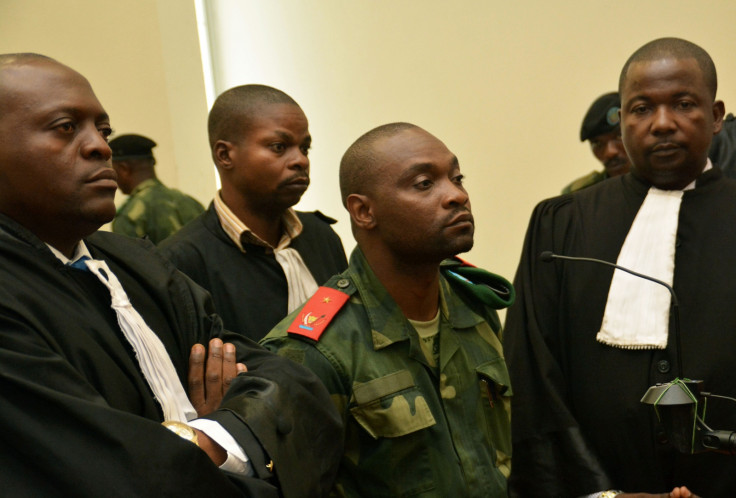ICC makes first compensation award to DRC war crime victims of Germain 'the lion' Katanga
Known as 'Simba the Lion' due to his alleged ferocity, Katanga served 12 years for crimes against humanity.

The International Criminal Court (ICC) has awarded 297 victims of Congolese warlord Germain Katanga $250 (£200) each in what it describes as "symbolic compensation" during its first order for financial reparations to victims of war crimes.
Known as "Simba the Lion" due to his alleged ferocity, the former leader of the Front for Patriotic Resistance in Ituri (FRPI) was handed down a 12-year sentence by the ICC in March 2014 on five counts of war crimes and crimes against humanity.
The time Katanga spent in detention at the ICC between 2007 and 2014 was deducted from the sentence.
This morning (24 March), ICC judges awarded "individual and collective reparations" to 300 victims of an attack on the village of Bogoro where approximately 200 ethnic Hema civilians were slaughtered.
The Ituri district has been the home to inter-ethnic clashes between the Lendu and Hema communities since 1999, a conflict that became one of the deadliest within the larger 1998-2003 Second Congo War. Katanga remains in prison in the DRC.
According to a Tweet from the ICC, victims will receive $250 each, and get housing and other support, but as Katanga has no money the ICC is relying on a fund set up by its member states known as the Trust Fund for Victims (TFV).
It is the ICC's first ever ruling on compensation for victims of someone it has found guilty of crimes against humanity and war crimes.
What was decided today by #ICC Judges on #reparations in #Katanga case? pic.twitter.com/pdGT1HEhr9
— Int'l Criminal Court (@IntlCrimCourt) March 24, 2017
In February, Katanga was on trial again for crimes against humanity this time for his alleged role in the killing of nine United Nations (UN) peacekeepers in the Ituri region in 2005.
His previous sentence was reduced in November 2016 for good behaviour and after he voiced regret. The 37-year-old was brought back from The Hague to the Congolese capital, Kinshasa, late last year to complete his term, and had been scheduled to walk free on 18 January when Congolese authorities decided to keep him behind bars to prosecute him for "other cases".
© Copyright IBTimes 2025. All rights reserved.






















